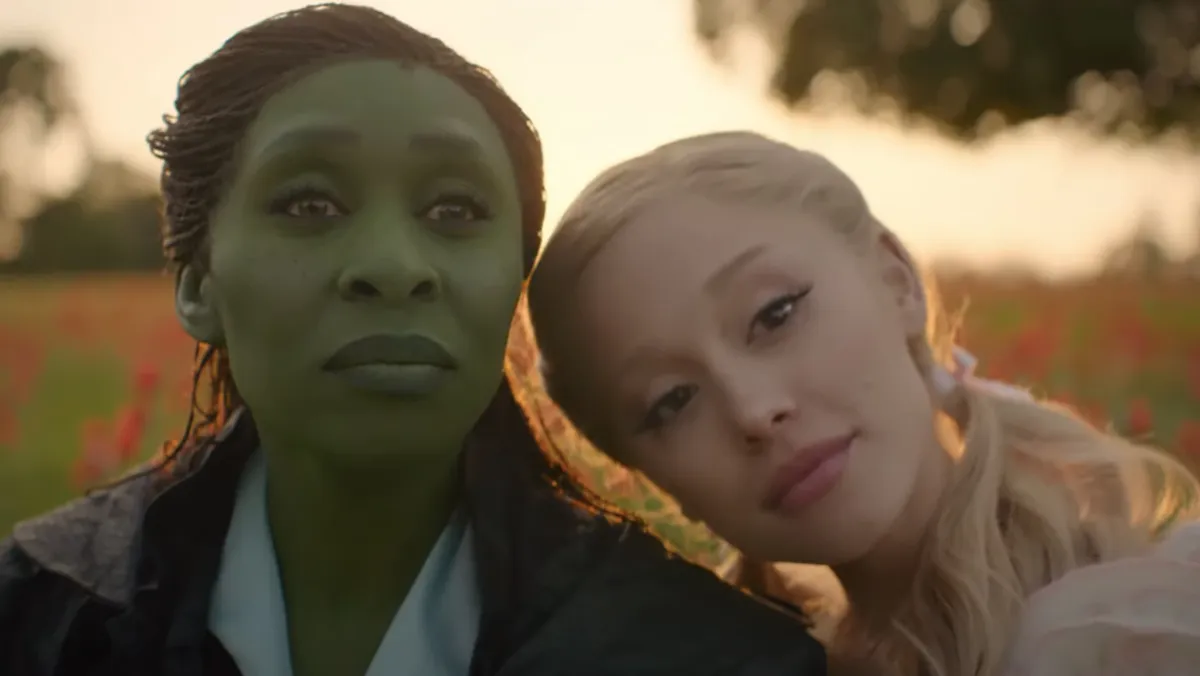Yesterday Rolling Stone released a long and compelling interview with A Song of Ice and Fire creator George R.R. Martin about his life and work. Over the course of the interview, he happened to suggest a very interesting rhetorical continuation of the Lord of the Rings series that has made our nerd hearts swell with righteous anger.
His assertion — which is what he reportedly based much of ASOIAF on — was that J.R.R. Tolkien simplified much of the legitimate problems of wielding power to “Good vs. Bad” and did not engage in any nuanced discussions of how good people and good leaders are not always the same people. Which is a totally valid criticism and part of why we love Game of Thrones so much, but then he got into some weird territory and started talkin’ smack about our favorite ranger-turned-King-of-Men.
A major concern in A Song of Ice and Fire and Game of Thrones is power. Almost everybody – except maybe Daenerys, across the waters with her dragons [this is the part where all the book readers go “HA”] – wields power badly.
Ruling is hard. This was maybe my answer to Tolkien, whom, as much as I admire him, I do quibble with. Lord of the Rings had a very medieval philosophy: that if the king was a good man, the land would prosper. We look at real history and it’s not that simple. Tolkien can say that Aragorn became king and reigned for a hundred years, and he was wise and good. But Tolkien doesn’t ask the question: What was Aragorn’s tax policy? Did he maintain a standing army? What did he do in times of flood and famine? And what about all these orcs? By the end of the war, Sauron is gone but all of the orcs aren’t gone – they’re in the mountains. Did Aragorn pursue a policy of systematic genocide and kill them? Even the little baby orcs, in their little orc cradles?
In real life, real-life kings had real-life problems to deal with. Just being a good guy was not the answer. You had to make hard, hard decisions. Sometimes what seemed to be a good decision turned around and bit you in the ass; it was the law of unintended consequences. I’ve tried to get at some of these in my books. My people who are trying to rule don’t have an easy time of it. Just having good intentions doesn’t make you a wise king.
Now hold on there, Martin! You think just because you’ve got the same amount of R’s in your initials that you can step to Tolkien like that and besmirch the good name of King Elessar Telcontar, the nine and thirtieth heir in the right line from Isildur, 16th Chieftain of the Dúnedain of the North, 35th King of Gondor, and First High King of the Reunited Kingdom? Because that is just not gonna fly here. Who do you think you are, Gwaihir the Windlord?
First of all, let’s get into Orc reproduction. Little is said of how the orcs grow and maintain themselves as a species, and of course there are no female orcs to speak of — though they do exist, as Tolkien noted in an unpublished 1963 letter (“There must have been orc-women. But in stories that seldom if ever see the Orcs except as soldiers of armies in the service of the evil lords we naturally would not learn much about their lives. Not much was known.”). The Silmarillion states, “the Orcs had life and multiplied after the manner of the Children of Ilúvatar.” This would make sense, as orcs were supposedly created in the First Age from the corrupted bodies of Elves and Men. But in Morgoth’s Ring, Tolkien seems uncomfortable with this origin, and is also quoted thusly:
The Orcs were beasts of humanized shape (to mock Men and Elves) deliberately perverted / converted into a more close resemblance to Men. Their ‘talking’ was really reeling off ‘records’ set in them by Melkor. Even their rebellious critical words – he knew about them. Melkor taught them speech and as they bred they inherited this; and they had just as much independence as have, say, dogs or horses of their human masters. This talking was largely echoic (cf. parrots).
So would there be little orc babies? Probably, though as Tolkien notes, they would be closer to animals than anything else, so they certainly wouldn’t be lying in any cradles. But these are just semantics leading up to a larger question — would Aragorn, son of Arathorn and Isildur’s heir, engage in a kind of genocide to remove the orcs from Middle Earth?
Well, no. And not necessarily out of his inherent goodness as king — because he wouldn’t really have to. As Martin notes, the orcs continue to live in the mountains after Sauron’s defeat. But what he doesn’t take into account here is that the orcs only appear as a threat when they are being led by a larger, more nefarious villain — otherwise, they’re just kind of an annoyance. After Morgoth’s defeat and banishment from Arda, they stuck mostly to tribal communities, and it wasn’t until Sauron rose to power as the Necromancer of Mirkwood that they really started to throw their weight around in the first place. So what would be the point in wasting resources engaging in mass orc slaughter when they’re not actual doing anything to bother you, and another manifestation of Morgoth might just create something else to conquer the world with even if you did eradicate all of his previous minions?
But Martin’s point still stands, of course: we don’t actually know the inner workings of Aragorn’s government, and certainly we don’t know what kind of ruler he was except for “a wise one.” But let’s not be lumping Isildur’s heir in with your baby-killing leaders there, aight, George? We’ll concede that Game of Thrones is a much more complicated and nuanced portrayal of authentic medieval power struggles and conquests, but let us have our King of Gondor, please. We just love him so much.

(via Rolling Stone, Wikipedia, Sci Fi & Fantasy Stack Exchange, gif via Dirty Hobbit Confessions)
- Royal Caribbean might be offering Hobbit cruises
- This professor got suspended over a Game of Thrones shirt
- We wish that less women would name their kids “Khaleesi” and go for “Éowyn” instead








Published: Apr 24, 2014 02:51 pm